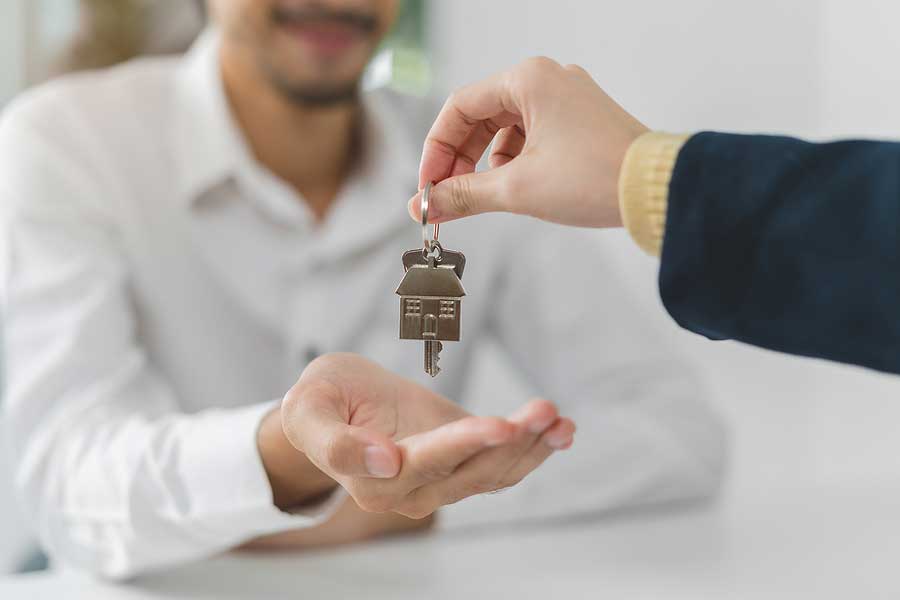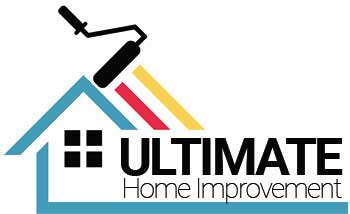
Know your rights and responsibilities
Tenant's rights
- Right to a habitable property – landlords are obligated to provide a safe and liveable living environment. This includes ensuring the property has security and meets building and safety codes.
- Privacy – your landlord must provide reasonable notice before entering your rented space, except in cases of emergency or when you’ve given permission for maintenance or repairs.
- Non-discrimination – landlords cannot discriminate against tenants based on race, colour, religion, sex, national origin, disability, or familial status. Fair housing laws protect tenants from discrimination.
- Written lease – in many places, landlords are required to provide a written lease agreement outlining the terms of the rental arrangement. This document protects both parties and clarifies expectations.
- Security deposit return – Upon moving out, tenants have the right to return their security deposit, minus any legitimate deductions, within a specified timeframe, as per local laws.
Tenant's responsibilities
- Paying rent – pay rent on time and in accordance with the terms of your lease agreement. Late or unpaid rent can lead to eviction.
- Maintenance and care – keep the property clean and in good condition. Minor repairs and upkeep may be your responsibility, depending on your lease.
- Respect for property – use the property for its intended purpose and avoid causing damage or alterations without the landlord’s consent.
- Compliance with lease terms – abide by the terms and conditions of your lease, including rules related to pets, smoking, and subleasing, if applicable.
- Reporting Issues – promptly report any necessary repairs or maintenance issues to your landlord to prevent further damage.
- Give proper notice – if you plan to move out, provide proper notice as required by your lease agreement and local laws.
- Follow local laws – comply with all local and state laws related to your tenancy, including building codes, zoning regulations, and health and safety standards.
Play nice with your proprietor
This is probably the most important one since your landlord is the one who gets to decide whether you’re a suitable tenant or not. If your landlord has any specific requirements or requests towards you, be sure to always keep them in mind and meet them, as you definitely don’t want to get on his or her bad side.
The last thing you want is to wake up one morning only to find out that you need to leave because you’ve caused some sort of “trouble” or because you’ve upset the property owner in one way or another. Be warned – landlords can be cranky sometimes.
Be aware of your surroundings
Considering you live in a flat, you’ll always need to think about actions that may affect your neighbours, even if you’re on the top floor. Doing anything that could potentially piss off your neighbours could lead to your proprietor receiving complaints with your name on them.
Actions such as stomping, playing loud music, yelling, and such need to be avoided at all costs, and if you’re hosting an event of some sort or a small gathering of friends, it’s best to inform your proprietor beforehand.
Keep your living space as clean and tidy as possible
Among the requirements of each landlord, constant cleanliness is usually one of the most essential rules. Always make sure that your living space is kept clean and tidy, as per your landlord’s requirements, because you never know when he or she will want to come for an inspection.
Also, be sure to properly clean every part of the flat before you vacate it. This is necessary because you’ll be able to get your first deposit back; however, if you don’t have the time or the will to properly clean the entire property, you can always order a professional end of tenancy cleaning service.
Always ask if you can perform renovations
While most property owners don’t allow tenants to perform renovations, regardless of whether it’s with the help of building experts or on their own, there are those who don’t have a problem with tenants sprucing up and modifying their homes. The only thing you need to do is inform your proprietor of such renovations and discuss them properly so they know exactly what you’re going to do, where in your rented property and why.
Before you start the actual home improvements, inform your neighbours as well. It’s a good idea. Considering you don’t want them to complain about the noise or to report you to the proprietor for disturbance. The worst case scenario is if you have yet to inform your proprietor or your neighbours of the renovations and you get reported because of the disturbances you’re causing – do not let this or similar scenarios happen.
Final thoughts
Communication is paramount in maintaining a positive relationship. Regularly update your landlord on any maintenance issues, and if you ever encounter difficulties meeting your responsibilities, such as paying rent on time, don’t hesitate to discuss potential solutions. Open and honest communication will always be helpful in resolving conflicts and preventing them from escalating into more significant problems.
Being a responsible tenant goes beyond the lease agreement; it’s about being a considerate member of your community. With all this, you can create a harmonious living environment that benefits both you and your landlord, making your rental experience enjoyable and stress-free.
This article is published by Ultimate Home Improvement blog uk



